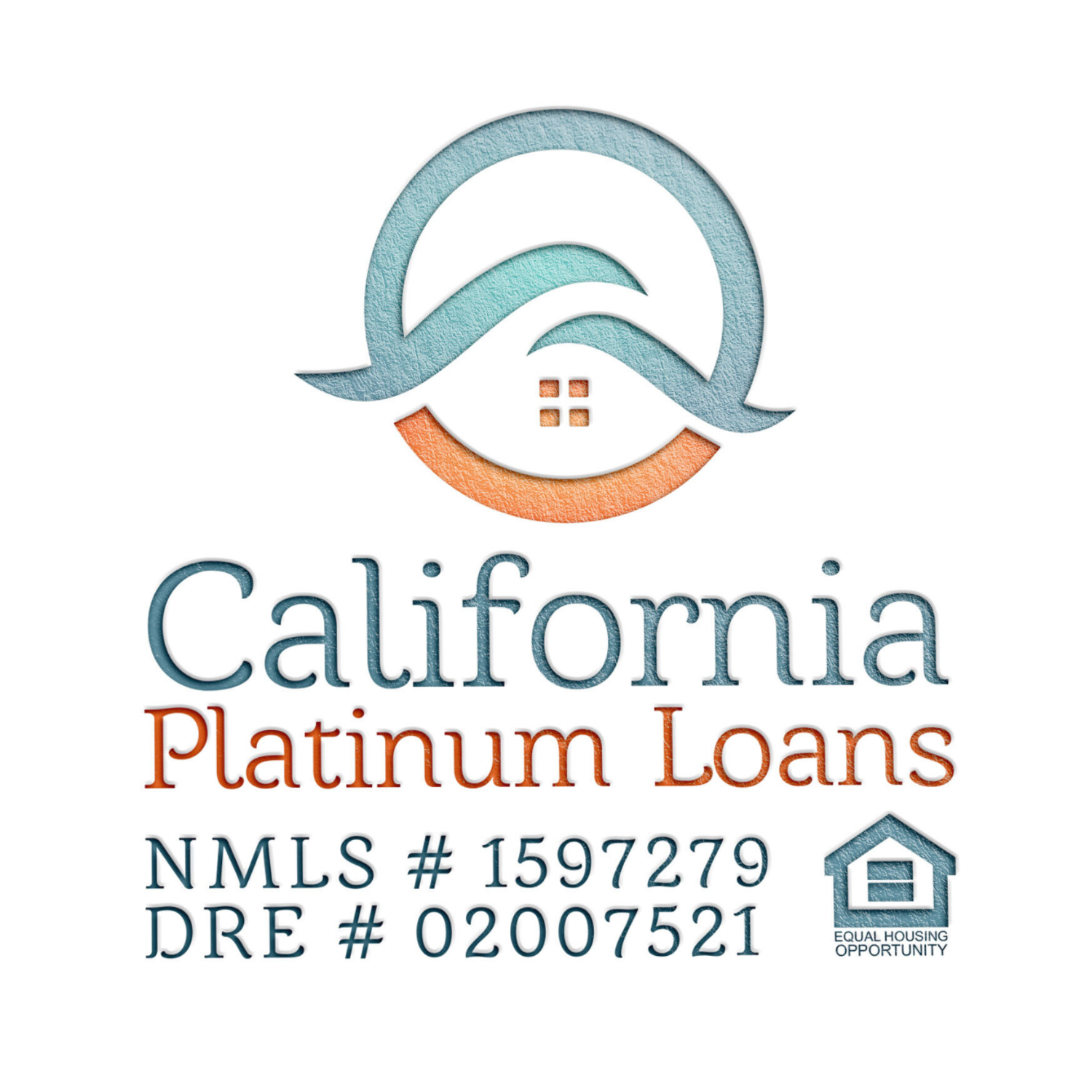Introduction: Understanding Today’s Mortgage Landscape
As we usher in the new year, the real estate market presents a mix of challenges and opportunities, especially for high-end homebuyers and investors in California. The beginning of 2024 has brought a significant development in the mortgage sector, with the average interest rate for a 30-year fixed mortgage currently standing at 6.99%. This figure represents a slight decrease of 2 basis points compared to last week, indicating a dynamic market environment. Such fluctuations underscore the importance of staying informed and strategically planning mortgage decisions in the luxury real estate market.
The Current State of Mortgage Rates
Delving deeper into today’s mortgage rates, we observe that the national average for a 30-year fixed refinance interest rate is now at 7.13%, showing a decrease of 7 basis points from the previous week. Furthermore, the average rate for a 15-year fixed refinance has also seen a reduction, currently sitting at 6.25%, down by 10 basis points. These changes are more than mere numbers; they are vital indicators for potential borrowers, signaling a unique window of opportunity in a market that is often unpredictable.
Refinancing in a Fluctuating Market
For those considering refinancing their current mortgages, these latest figures are particularly relevant. The slight decrease in rates can translate into significant savings over the life of a loan, especially for luxury properties in California’s high-end market. However, the key is to act judiciously. In a market characterized by its volatility, timing and choice of lender can make a considerable difference. This is where services like Bankrate, offering access to rates well below the national average, become invaluable resources. They provide a comprehensive view of the market, allowing borrowers to compare deals effectively and secure financing that aligns with their financial goals.

California’s Luxury Real Estate Market: A Unique Landscape
Focusing on California, the state’s luxury real estate market has always stood apart, both in terms of investment opportunities and the complexities it presents. It’s a market where even slight variations in mortgage rates can have substantial implications. In 2024, as the market continues to adjust to post-pandemic realities and economic shifts, understanding these nuances becomes crucial. Whether it’s for purchasing a new property or refinancing an existing one, a clear grasp of the current mortgage trends is essential for making informed decisions.
Strategies for Navigating Mortgage Rates
Given the current mortgage rate trends, there are several strategies that savvy investors and homebuyers can employ. First and foremost is the importance of shopping around for mortgage offers. In times of volatile rate swings, the first offer is not always the best. Consulting with multiple lenders, considering both national and local banks, and exploring online platforms can uncover more favorable terms.
Another vital strategy is to closely monitor the market trends. Even small changes in interest rates can significantly impact the total cost of a mortgage for luxury properties. Staying informed and being ready to act when rates dip can lead to substantial long-term savings.
Conclusion: Seizing Opportunities in a Dynamic Market
As we navigate through 2024, the luxury real estate market in California presents a landscape rich with opportunities, albeit accompanied by its set of challenges. The current dip in mortgage rates, both for standard and refinance loans, opens up avenues for savings and investment that discerning buyers and investors can capitalize on. However, success in this endeavor requires a blend of vigilance, strategic planning, and a thorough understanding of the market dynamics. By staying informed and choosing the right time to act, those in the high-end real estate market can turn these fluctuating rates to their advantage, setting a strong financial foundation for the years to come.



